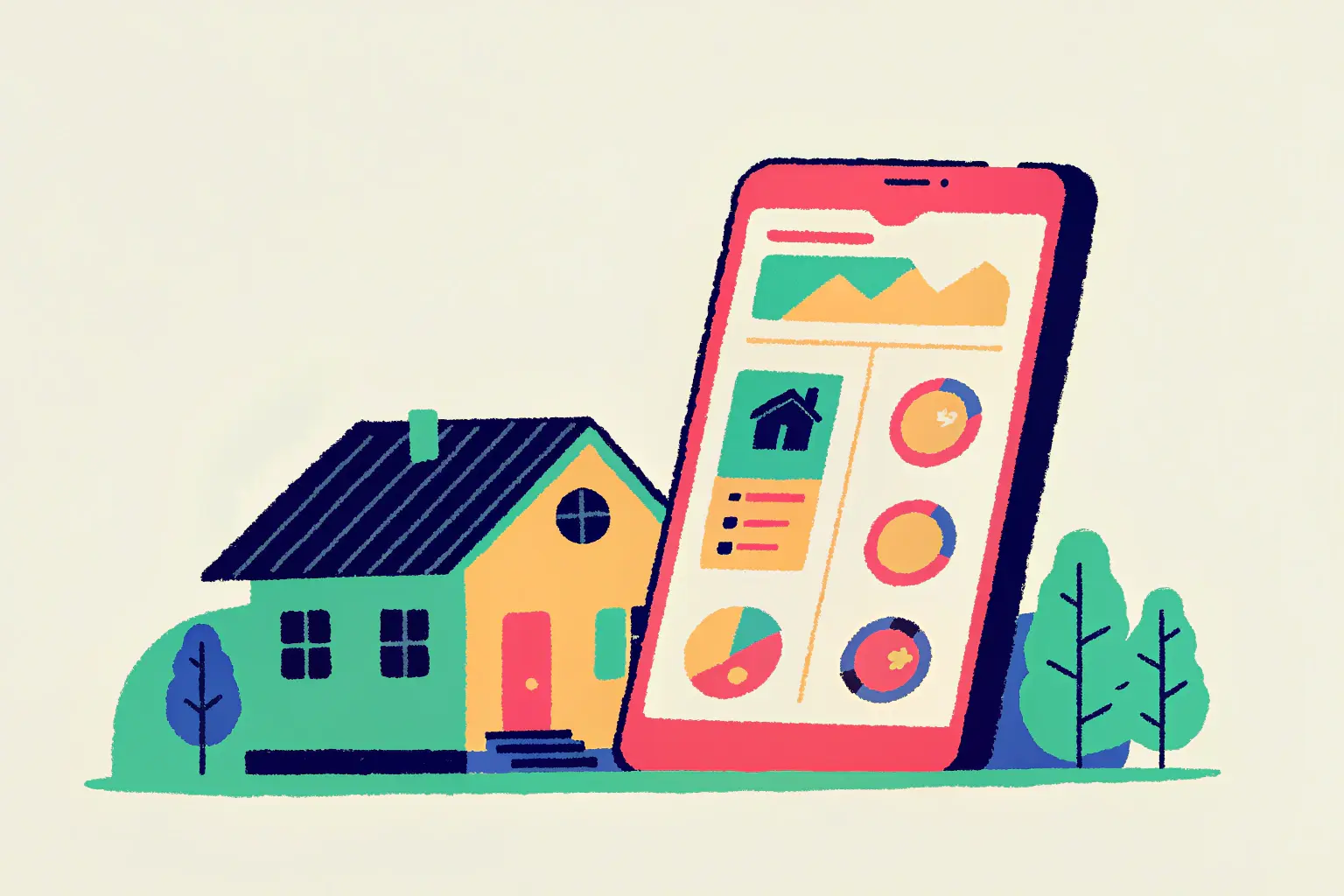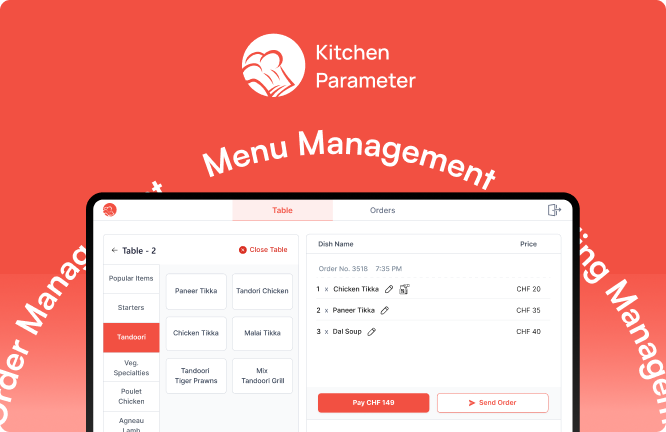The real estate industry has grown exponentially in recent years, and with it, the need for efficient management tools has also increased. Whether you are a landlord managing multiple rental units, a property management company handling commercial properties, or a real estate investor with a growing portfolio, staying on top of property operations can be overwhelming. This is where real estate property management software comes into play.
In this blog, we’ll explore what real estate property management software is, why it’s essential, its key features, benefits, and how it is transforming the property management landscape.
Understanding Real Estate Property Management Software
Real estate property management software is a digital solution designed to help property owners, managers, and real estate professionals efficiently manage their properties, tenants, finances, and maintenance operations. It streamlines the day-to-day tasks of managing rental units, commercial spaces, and housing communities by automating workflows, reducing paperwork, and improving communication.
Simply put, this software acts as a central hub that brings together all aspects of property management—from tenant onboarding to rent collection, accounting, and property maintenance.
Why is Property Management Software Important?
Traditional methods of managing properties, such as spreadsheets, manual records, or even pen-and-paper, are no longer sufficient. Property managers today must deal with complex processes, legal compliance, and rising tenant expectations. Real estate property management software addresses these challenges by:
- Saving Time – Automating repetitive tasks like rent reminders, invoicing, and reporting.
- Reducing Errors – Minimizing human errors in financial records and communication.
- Enhancing Tenant Experience – Offering tenants online portals for rent payment, maintenance requests, and communication.
- Boosting Efficiency – Helping managers handle multiple properties without losing track of critical tasks.
Key Features of Real Estate Property Management Software
Not all software platforms are the same, but most modern property management solutions offer a wide range of features, including:
1. Tenant and Lease Management
Ensures that all tenant information, lease agreements, renewal dates, and occupancy status are recorded and maintained. There will be no missed deadlines, and the management of leases will go smoothly.
2. Online Rent Collection
Enables tenants to pay rent securely through online platforms, reducing delays and eliminating manual cash or cheque handling.
3. Accounting and Financial Reporting
Integrated accounting tools are included in the majority of software packages. These tools not only keep track of income, expenses, and late fees, but they also provide thorough financial reports that help improve decision-making.
4. Maintenance Management
provides renters with the ability to submit service requests online, while also enabling property managers to delegate jobs to suppliers, monitor progress, and keep track of expenditures.
5. Document Storage
Records all of the essential documents that pertain to the property, including inspection reports, contracts, and invoices, in a single, safe location.
6. Communication Tools
Enables landlords, tenants, and vendors to communicate more effectively with one another through the use of in-app messaging, email, or notifications.
7. Analytics and Reporting
For the purpose of assisting property managers in optimizing property performance, this provides insights into occupancy rates, rent trends, and expenses.
Benefits of Using Property Management Software
Adopting a digital solution for property management comes with numerous benefits for landlords, tenants, and managers:
For Landlords and Investors:
- Clear visibility into rental income and expenses.
- Easier decision-making with real-time financial data.
- Reduced operational costs by automating tasks.
For Tenants:
- Convenient rent payment options (credit/debit cards, bank transfers, digital wallets).
- Easy maintenance request tracking.
- Better communication with landlords and property managers.
For Property Managers:
- Convenient rent payment options (credit/debit cards, bank transfers, digital wallets).
- Easy maintenance request tracking.
- Better communication with landlords and property managers.
Types of Real Estate Property Management Software
Property management solutions can vary depending on the type of property and the users:
- Residential Property Management Software – Focused on apartments, single-family homes, condos, and housing communities.
- Commercial Property Management Software – Tailored for office spaces, retail stores, and industrial properties.
- HOA/Community Management Software – Helps homeowners associations (HOAs) manage community finances, dues, and resident communications.
- Enterprise Solutions – Designed for large property management companies handling diverse portfolios across multiple locations.
Future of Real Estate Property Management Software
With the rise of proptech (property technology), the future of real estate property management software looks even more promising. Some key trends shaping the future include:
- Artificial Intelligence (AI) and Automation – AI-driven chatbots for tenant support, predictive analytics for market trends, and automated maintenance scheduling.
- Mobile-First Solutions – Property managers and tenants increasingly rely on mobile apps for on-the-go management.
- IoT Integration – Smart devices in rental units (e.g., smart locks, thermostats) integrated with property management platforms.
- Blockchain Technology – For secure, transparent, and tamper-proof lease agreements and transactions.
These innovations will continue to simplify operations, improve tenant satisfaction, and boost overall efficiency in real estate management.
Final Thoughts
Real estate property management software is no longer just a luxury—it’s a necessity for landlords, property managers, and real estate businesses looking to stay competitive. By streamlining operations, enhancing tenant experiences, and providing better financial oversight, this technology is transforming how properties are managed.
Whether you manage a few rental units or an extensive real estate portfolio, adopting the right property management software can save time, reduce stress, and maximize profitability.


